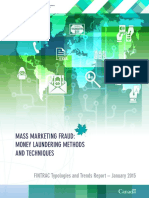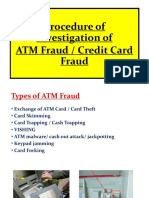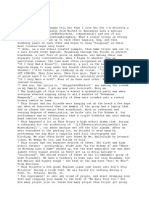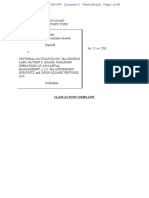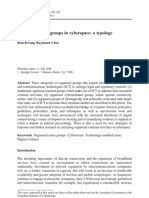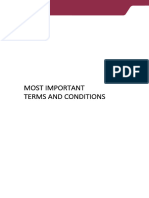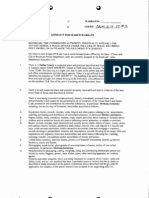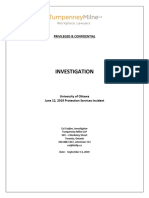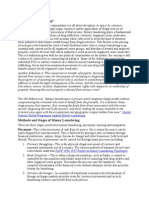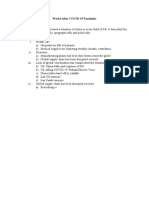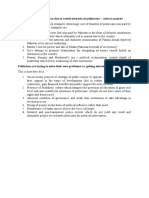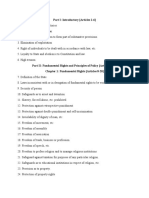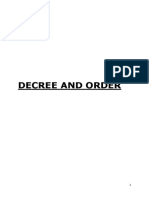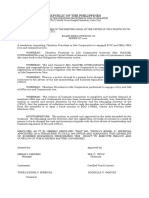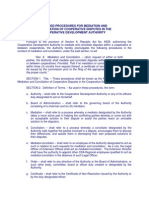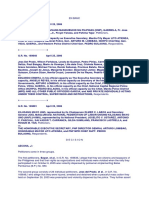0% found this document useful (0 votes)
236 views5 pagesMoney Laundering
Money laundering involves disguising illegally obtained money to make it appear legitimate. It has existed for over 2000 years as a way for criminals to hide income from authorities. Common modern methods include placing cash in foreign banks and performing complex transactions to layer the money's origin before investing it. Interpol works to curb money laundering by coordinating global investigations, operations targeting criminal financial networks, and partnerships with other law enforcement and financial organizations.
Uploaded by
Arslan SajjadCopyright
© © All Rights Reserved
We take content rights seriously. If you suspect this is your content, claim it here.
Available Formats
Download as DOCX, PDF, TXT or read online on Scribd
0% found this document useful (0 votes)
236 views5 pagesMoney Laundering
Money laundering involves disguising illegally obtained money to make it appear legitimate. It has existed for over 2000 years as a way for criminals to hide income from authorities. Common modern methods include placing cash in foreign banks and performing complex transactions to layer the money's origin before investing it. Interpol works to curb money laundering by coordinating global investigations, operations targeting criminal financial networks, and partnerships with other law enforcement and financial organizations.
Uploaded by
Arslan SajjadCopyright
© © All Rights Reserved
We take content rights seriously. If you suspect this is your content, claim it here.
Available Formats
Download as DOCX, PDF, TXT or read online on Scribd
/ 5













